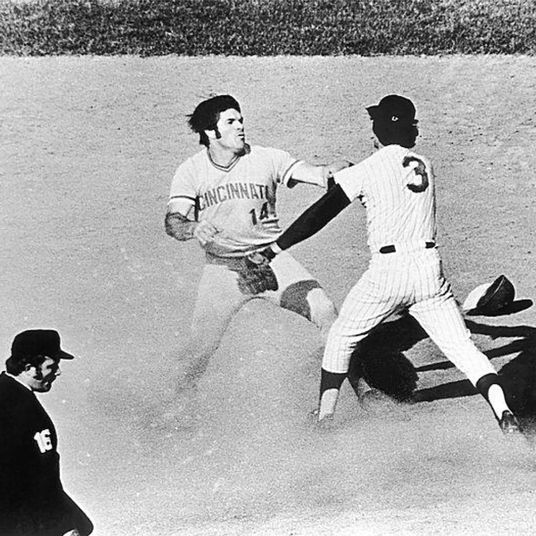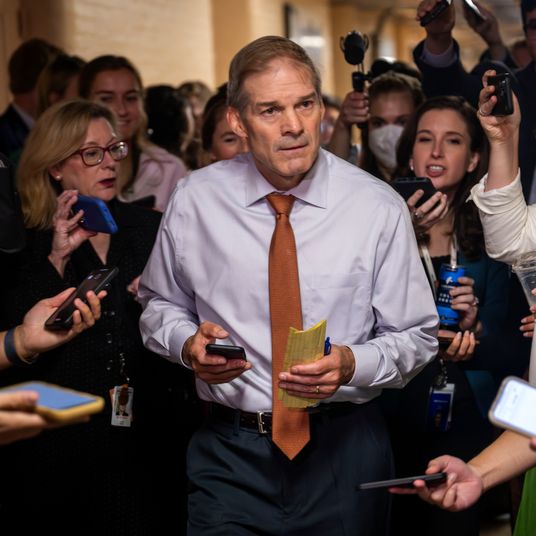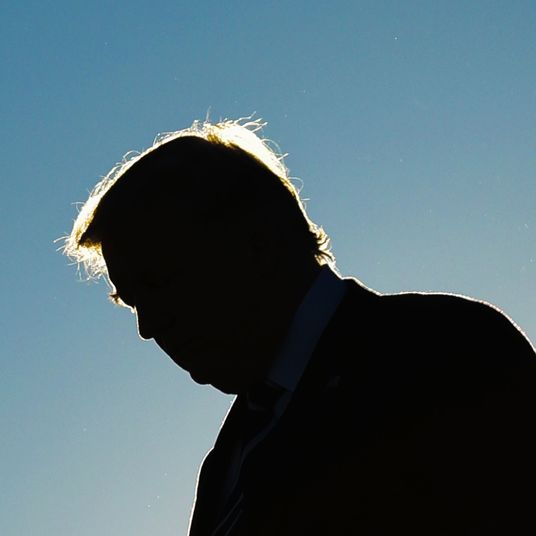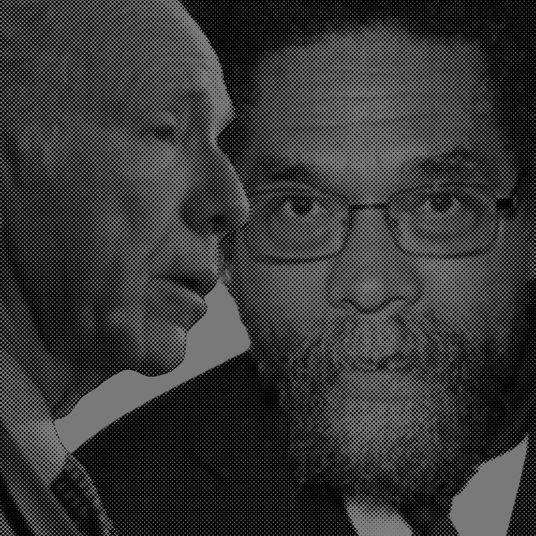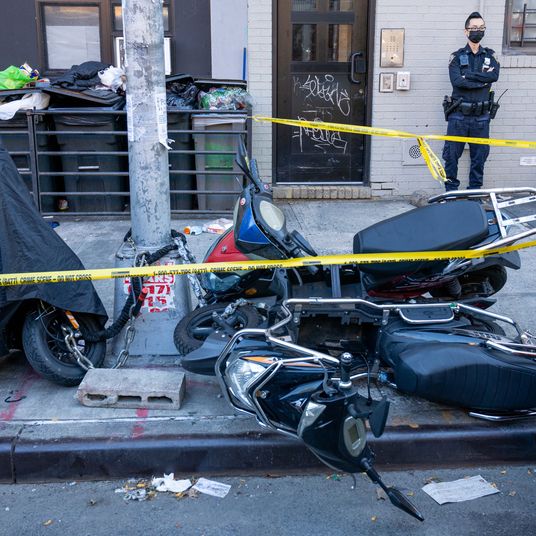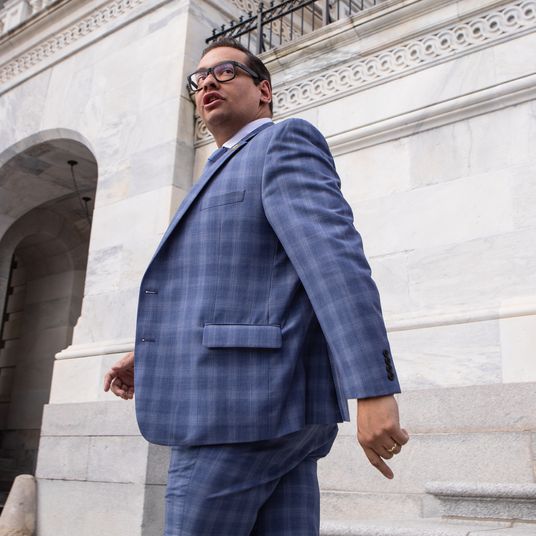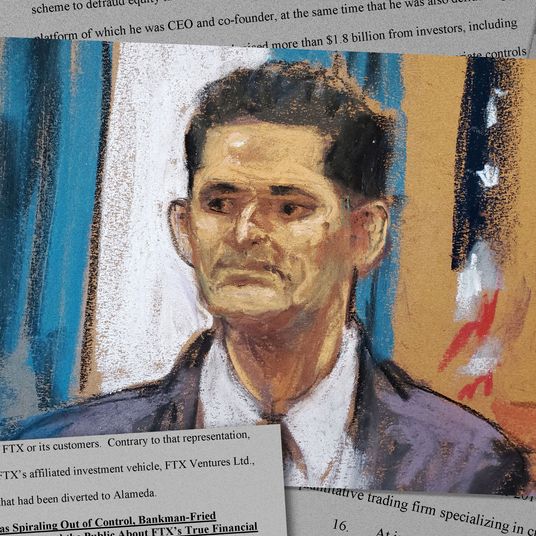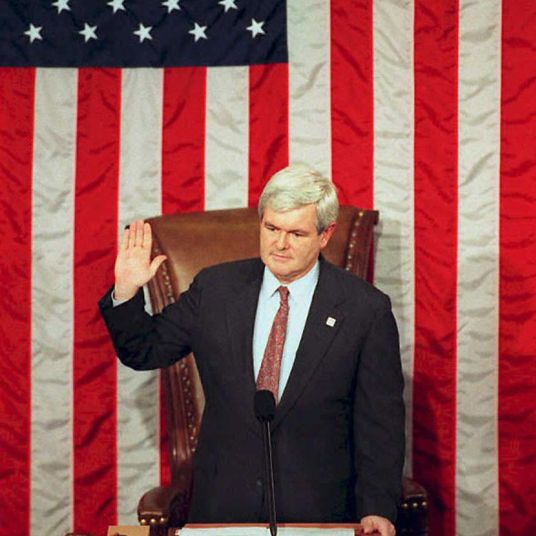On Wednesday, President Joe Biden forgave another $9 billion in student-loan debt. Another 125,000 Americans are free of a financial trap that still binds millions. That partial good news is part of a trend for the Biden administration: He has now forgiven a total of $127 billion in debt, affecting 3.6 million people. The president has also announced a new repayment plan and “a year-long ‘on-ramp’ to repayment,” as The Atlantic has reported. After the Supreme Court struck down his signature student-loan effort, however, the president has appeared cautious. Though he’s said he will explore a “Plan B,” so far it looks like patchwork. Meanwhile, student-loan payments restart this month after a three-year pause. Millions of Americans are still waiting for a permanent solution.
Will they get one from Biden? The president’s student-debt plan only ever provided partial relief, and he’s hampered, further, by a conservative Supreme Court and by Congress. Republicans are intransigent, and even some Democrats stand in the way of universal relief. When Senator Joe Manchin voted to repeal Biden’s “reckless” student-debt plan in late May, he claimed the nation “simply cannot afford to add another $400 billion to the national debt.” Absent from Manchin’s analysis are the human beings who cannot afford their debt. They deserve more from Biden and from their government.
The president could do more if he wanted to. The Debt Collective has urged him to cancel all student-loan debt by executive order, citing his authority under the Higher Education Act. “As far as I can tell, nothing in current law prevents the Department from using its compromise authority to cancel broad swaths — or even all — of its student loan portfolio,” Luke Herrine, a co-founder of the collective, wrote in 2017.
Since then, cancellation has gained some traction among progressives in office, thanks largely to the efforts of the left. During the 2020 Democratic primary, Senator Elizabeth Warren pledged to cancel up to $50,000 for people making less than $100,000 and people making up to $250,000 would have seen portions of debt erased, as the New York Times reported at the time. Senator Bernie Sanders, a democratic socialist, said he would go further and cancel all student-loan debt. The more moderate Biden initially promised to cancel $10,000 of student-loan debt for all borrowers. He also said he’d cancel “undergraduate federal student loan debt picked up at public colleges for those earning less than $125,000 a year,” CNBC reported. His plan as president would have erased up to $20,000 in debt for millions.
When he first acted to cancel some student-loan debt, President Biden cited the HEROES Act, not the Higher Education Act (HEA). The president’s Plan B did initiate a rule-making process “to open up different paths to push through debt relief,” including using the HEA, as The Atlantic explained. But the Debt Collective isn’t alone in thinking the HEA authorizes him to do more for debtors. Representative Ro Khanna recently argued in the Messenger that Biden should cancel up to $50,000 in student-loan debt using the Higher Education Act. “This would be life-altering for people and grow our economy by giving young people the financial freedom to buy homes, start families and open businesses,” he wrote.
Khanna is right to say that student-loan cancellation would bring economic benefits. But there’s more at stake than economic growth. As Astra Taylor, a co-founder of the Debt Collective, explained in the New York Times last year, the cancellation of federal student loans “will not only remove a crushing economic weight for tens of millions of people; it will lift a significant emotional one, too.” There may be “political implications,” she added, “by emboldening those who find their obligations overwhelming to engage in collective action aimed at winning more relief and changing the policies that make indebtedness so pervasive.”
As children, we’re told that college opens the world to you. Debt narrows that world. Though a college degree can still improve your prospects, your progress remains precarious if you can’t graduate without debt. America thus teaches debtors a lesson: Reach too high, and debt will be there to rein you back in. Taylor calls debt “an instrument of social control” and notes that the fear of student debt “pushes people into certain careers and limits their life choices,” a truth at odds with childhood stories. America is a land of opportunity, but only for a few as long as student debt persists.
The cancellation of federal student-loan debt won’t solve the college affordability crisis. For that we need free public-college tuition, as proposed by lawmakers such as Bernie Sanders. Cancellation, though, will still right a great wrong. It is wrong to punish the children of working-class and middle-class families for seeking an education. There is no moral benefit to student debt. Nor is it some natural occurrence — an act of God which falls upon the less fortunate. Student debt is the product of political choices. Lawmakers have allowed it to become so pervasive that different realities can be difficult to imagine. What would change if we treated education as a right? If we freed millions from debt? The racial wealth gap might narrow. Debtors might begin to question the interlocking injustices that trap so many Americans. If student debt is immoral, what of medical debt?
The answer could open the door to a new world. No wonder student-debt cancellation has so many enemies. Biden, though, should ignore the naysayers. He’s canceled $127 billion so far. It’s time to erase the rest of it.

